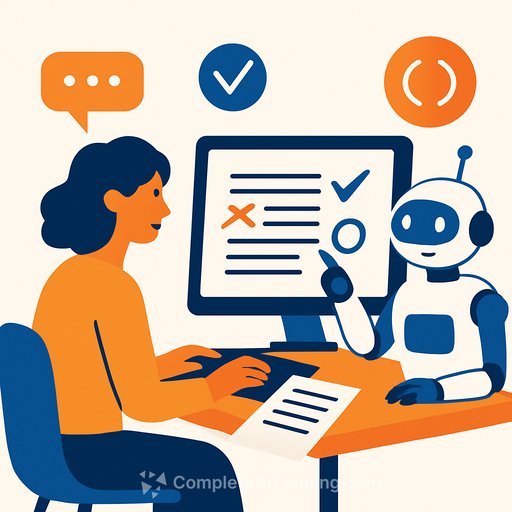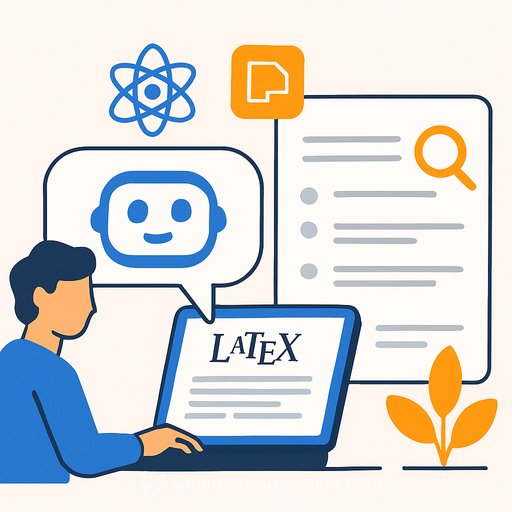A couple of years ago, like most people, I started hearing about generative AI tools such as ChatGPT. My initial experience was disappointing—the results didn’t meet expectations, so I dismissed the tool and banned its use in our newsroom. My reporters didn’t push back. But one of them, who had been skeptical, began using AI-powered voice transcription software to get through lengthy school board meetings. He admitted, somewhat reluctantly, that relying on AI had become necessary.
Recently, I started using ChatGPT for a specific task: copy editing. The results have been surprisingly effective. Readers often complain about typos and grammar errors, which are especially painful when they appear in print with no chance for correction. Even in larger newsrooms of the past, mistakes slipped through under tight deadlines. The real challenge today is the absence of dedicated copy editors, who were once the newsroom’s safety net. AI now helps fill that gap, catching grammar and style issues when given the right prompts.
What AI Will and Won’t Do
I still worry about AI replacing reporters, but recent tests with other editors show that AI can free us from tedious tasks, letting us focus on actual reporting. This means we have more time to chase story ideas we’ve shelved or dig into in-depth reporting. AI won’t replace the core of journalism—research, interviews, and asking tough questions remain human jobs.
We’re also using AI to transcribe handwritten letters to the editor. While there’s charm in pen-and-paper notes, typing them up is cumbersome. AI handles printed handwriting impressively well, and it’s reduced my own transcription errors. Another practical use is compiling public records. We’ve tried ChatGPT to assist with police blotters, although I review everything before publishing. AI’s performance varies—some locations were handled well, while others produced incorrect information and strange responses, reminding me that AI isn’t perfect and can sometimes be frustrating to work with.
Despite this, I’ll keep experimenting. I even ran this article through ChatGPT to see how it edits its own critique, and it left most of it intact. Transparency is key. AI won’t write our news stories, but it will help catch mistakes, fix grammar, and save time. Of course, maybe AI will surprise us all—but for now, it’s a tool, not the boss.
For writers interested in exploring how AI can support their work without taking over, resources on ChatGPT and AI tools offer practical guidance.
Your membership also unlocks:






